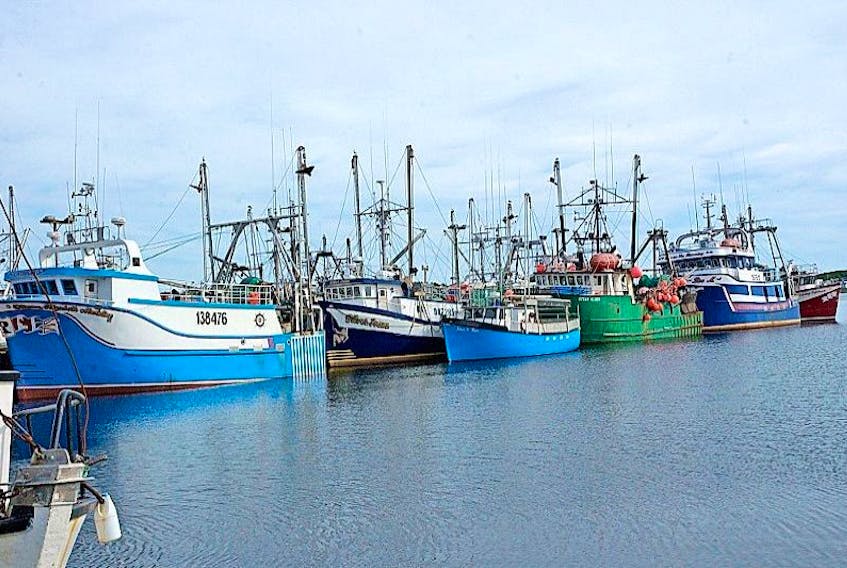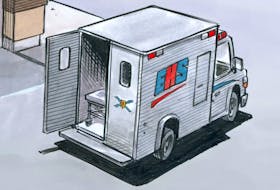Derek Butler of the Association of Seafood Producers says he was trying to make a point when he argued for an end to the recreational cod fishery.
The point he was making is that the recreational fishery is by and large unregulated: there’s no clear picture about who is taking fish, where they are taking it and how much cod is actually landed. Shine a light by saying close the fishery, and get more eyes looking at the problem.
His call for a ban may have generated plenty of heat, but we’ll take the bait. What Butler is raising is a question that bears closer analysis.
With a common resource, the argument we should be having is one about the common good.
And, to be sure, whether you have quota or not, the fishery is a common resource.
Fishers and processors don’t own the ocean or the fish in it. They may have particular permissions to use that resource, but those rights don’t convey ownership beyond the fish that are actually landed. Those who are fishing in the food fishery don’t own the ocean or the fish either; they are lucky enough to be in a position where food is only a hand-line away. (And, by the way, before anyone even goes there, no one has a “God-given right” to exploit the fishery either, whether they are a business or an individual.)
Fishing occupies a particular place.
It’s not at all analogous to farming, because the fishing industry plays only a small role in the overall process.
If the number of fish taken in the recreational fishery isn’t known, isn’t it essential to the entire resource equation that we find out what that number is?
A farmer stewards crops on bought or rented land. Farmers till and cultivate and harvest and care for their land. Someone who fishes is more like a logger — but a logger who doesn’t even have to invest in the basics of reforesting the cutover.
With few responsibilities come few rights.
But one thing is clear, if there are cuts, those cuts be made across the board among everyone who benefits, instead of in one particular area.
If the number of fish taken in the recreational fishery isn’t known, isn’t it essential to the entire resource equation that we find out what that number is?
If the commercial fishery represents a broader, better use of what few fish there are, shouldn’t that same commercial fishery or its proponents have to demonstrate clearly how their business needs mesh with the common good?
After all, the collapse of the cod fishery did not happen because we were focused and dedicated to the idea of protecting a common resource.
That collapse came because individuals cared more about the fish they caught than the good of the resource.
And if we’re not careful, it could happen again.
If you want shock value, if you want blunt, you could just say let’s completely halt the commercial cod fishery.
You’d have everyone’s attention.
You’d fix absolutely nothing.









